by Nikki Schwartz
Are you a Transformational or Transactional Parent?Transactional leaders, according to the leadership theory, tend to focus on setting goals, offering rewards, establishing punishments, consequences, dealing with present situations. They are reactionary and surprised by crisis. Transformational leaders seek to inspire others, to challenge them to learn more, and to find ways to help them enjoy the process. They use "transactions" when necessary, for example, they pay their employees for working; however, transactions take second place to who people are and what is important to them. As parents, (and bosses, too!) it is so easy to focus on transactions. Do your chores, and you can go out and play. Finish your homework and you can watch TV. Argue with Mom or Dad and you will lose video game privileges. Don't get me wrong, it's important to set boundaries and consequences, but they make a weak backbone for parenting. Transformational parenting, like transformational leadership, is harder. It takes having purpose and vision for your children. It means being deliberate, not perfect. It means admitting your mistakes and apologizing. It means being proactive about parenting. It means trying to understand who you children are and what excites them. Because, what excites them is what will motivate them. Nikki, I've tried that already...Ok, Nikki, the only thing my kids are excited about is video and computer games. I've already tried that. Fail. Right. You've tried on a transactional level. You've tried rewarding them by offering video games or punishing by taking them away. But what about on a deeper level? Do you know why your kids are so intrigued by video games? Because they are challenging, they offer periodic rewards, and they are intense. How often is homework challenging, rewarding or intense? No wonder kids don't want to do it. So, apart from changing schools, homeschooling or blowing up your kid's teacher's email box, what can you do about it? Find ways to make it fun. If your kids like video games, try to incorporate technology. Use whatever technology you have available to teach the things they are trying to learn. There are iPad, iPhone, and Droid apps for every part of education and learning. Here is a link to reviews for some of the best apps that teach multiplication. Try educational websites on your home computer or at the local library. Do whatever you need to do to engage your kids so that learning is exciting. What does being a Transformational Parent look like?It starts with you. That's why I think this infographic is so amazing. Transformational Parenting is not about the child you are raising, as much as it is about yourself. It's about realizing that you are becoming the kind of parent you want to be right now... or you probably wouldn't be reading this post! :) I usually like lists and tips... but I'm hesitant to give one now, because I don't want to give you the impression that you "should" be doing all of these things right now. That you're only a "good" parent if you're doing all of these things all of the time. That's just not true. Use the infographic as a guidepost, thinking about the information in terms of parenting. Then use this list to help you focus your efforts as a parents. A list to help you evaluate if you are becoming the parent you want to be. Read it like that and tell the critical voice in your head to take a hike. (If that's hard for you, read this post on taking care of yourself as a parent.) Remember that you do need some transactional exchanges, so, don't be hard on yourself if you find you sometimes do things on that list as well. Many parents have additional challenges as well, whether that is raising a special needs child, or coming from an abusive background themselves, being a single parent, having a military spouse who is deployed, etc. Take these things into account, and cut yourself some slack, it's more important to be a parent that is growing toward "transformational" than a parent who is stuck in "transactional". Traits of a Transformational Parent
So, back to the quote from the beginning..."After so many years, you've tried so many things that you're just skeptical of the new miracle therapy." Yep, you've tried everything. I get it. You know what? I bet along the way you've probably picked up some good nuggets that have made you a better parent. My motto for working with parents is "Try everything, do what works." If I suggest something that doesn't fit with your child, your parenting approach, your household, see if you can tweak to fit you, instead of just throwing it out. Not everything people suggest to me works for my life either, but usually there is a way to filter it through my own way of seeing things and making it work for me. This proactive approach to parenting is about principles, not about giving you a to do list. What have you tried? What's worked? What hasn't? It would make my day if you left a comment.
iGuy by Speck
AAC AppsI haven't settled yet on a AAC (Augmentative Alternative Communication) app. The cost of these apps tends to be a little high. So I feel like it's worth researching before jumping in. I've read really good things about iCommunicate, AutisMate, and Proloquo2Go. I'll post a review once I've made a choice (I'm leaning towards iCommunicate, not because it is the best for voice production, but because it has the best social story maker that I think will work well in session.) GamesWithout a doubt there are plenty of apps that will keep the attention of a child with special needs, however, I am looking for apps that engage a child without causing them to disengage from everything else. In other words, I am looking for apps that let a client connect with others, not shut them out. Here are a few, that other therapists really like. Furry Friend is one we already use at home and is helpful for encouraging kids to talk. Among other things, the furry monster repeats everything they say back to them. Monkey Preschool Lunchbox is a good app for younger clients that uses puzzles to teach colors, shapes, etc. Touch and Learn Emotions is a free app (love free!) with cute pictures of kids expressing a variety of emotions. What apps have you guys loved? Let me know in the comments. I would love to hear about other useful apps for therapy.
First ask, "What's Your Big Interest?" I found this question in an article at Computer World, discussing the "secret" of Asperger's in the IT world. This is a fabulous question to explore career interests with someone on the Spectrum. Your "big interest" is the place you need to start when looking into jobs. I know some children with Asperger's who know uncanny amounts of knowledge about birds, computers, and engineering. Those kids know more than any adult on their "big interest". So, ok, I know that (I, my kid, my client) is obsessed with (legos, animals, numbers, butterflies, etc.). Now what? Picking jobs that have the right fit These are some suggestions for jobs that are more likely to have the right fit:
What types of jobs are best for Autistic People? Temple's discussion gives four types of careers. The first is careers that are typically poorly suited for Autistics and require a great deal of multitasking, stress the use of short-term memory and/or have high expectations for social interaction. These are jobs like waiting tables, cashiers, and air traffic controllers. The second is careers for those who think and learn visually. Drafting, computer programming or engineering, designing, and animation, all reward those who are "visual thinkers", don't mind solitary, mundane, and reptitive tasks. The third group is for those who excel at math, facts or music, but are not necessarily visual thinkers. Accounting, copy editor, and inventory control, for example, reward those good at repetitive tasks that involve numbers, rules, and specifics. The last group is for non-verbal/low verbal people with Autism. These tasks do not necessarily require large amounts of knowledge, but rather the ability to engage in tasks in quiet environments with a specific skill set. Job choices here largely depend on an individuals capabilities and sensory needs. Some examples given by Temple were data entry and library reshelving positions. What about getting the job? One of the best suggestions in her discussion: Sell your work, not your personality. I always encourage you to make a portfolio of your work. Industries and positions that will "buy" skills will be a better match than those interested in social graces and social presence. Consider seeing a therapist, who works with client's who have Asperger's and Autism, who can help you develop better interviewing skills. Above all, make sure that the jobs you apply and interview for align well with your Big Interest, your sensory needs, and your strengths. Do you have any suggestions for those with Autism and Asperger's who are job seeking? Would love to see them in the comments section.
This is a fantastic description of what autism is like for Temple Grandin, recorded at the TED Conference 2010. She talks about how she thinks in pictures. She touches on visual thinkers, verbal thinkers, sensory issues. What is autism like for you or your child?
Drop Caitlyn Hylinski at Cinema Cafe a Facebook message and let them know you love the idea of Sensory Friendly Shows and you want to see more shows in the future.
Would you be interested in a seeing a Sensory Friendly Show with tickets for $2.50? Cinema Cafe has considered offering a second-run movie showing for the Autism Community at Pembroke Meadows or Greenbrier. Let me know in the comments what you think of the idea. P.S. Stop by our blog next month, I'll be giving away tickets to the next sensory friendly showing at Cinema Cafe!
Blog Hop Rules
Feel free to link up an old or new posts (up to 3) related to play-based learning. In exchange for each link, please leave comments on 1 or 2 other linked posts. Add the blog hop badge to your site, either on your sidebar or in a post. Please only link posts you have written yourself, no other link ups or blog hops.
by Nikki Schwartz
I saw this amazing autism video, What It's Like to Have a Brother with Autism, posted by Suzi Noyes, a local Realtor in Virginia Beach who's youngest son has autism. It really touched my heart the care the relationship and care these two siblings have for one another.
How Can I Foster This Kind of Relationship?
|
Nikki Schwartz,
|
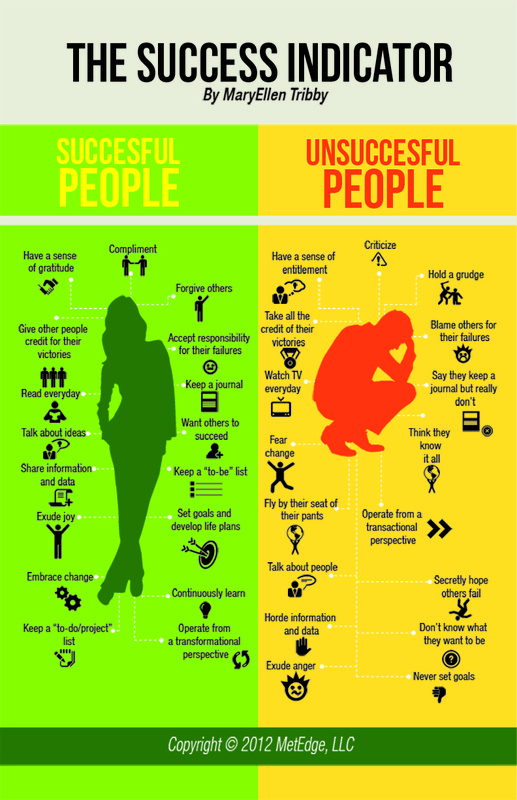




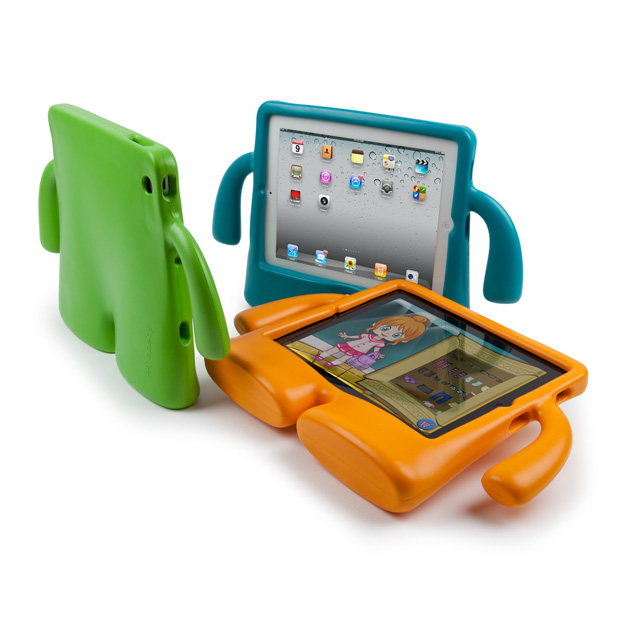







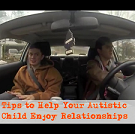
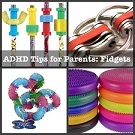
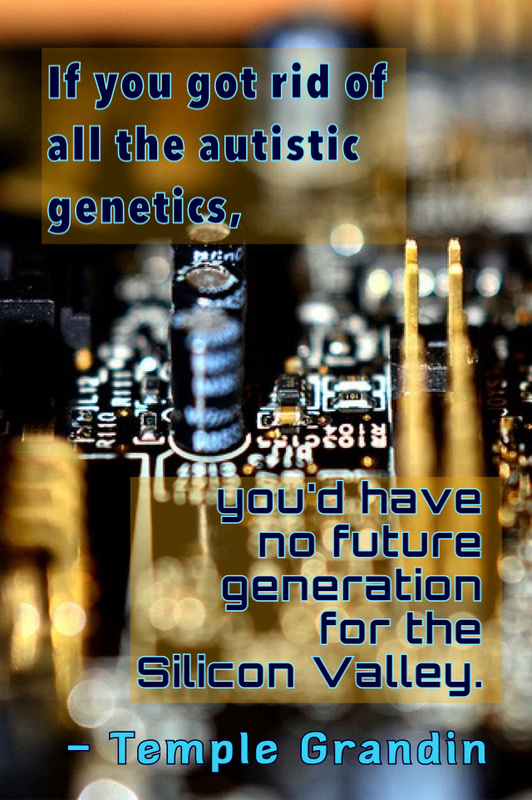



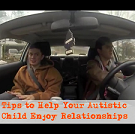

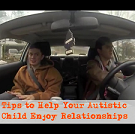
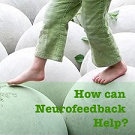




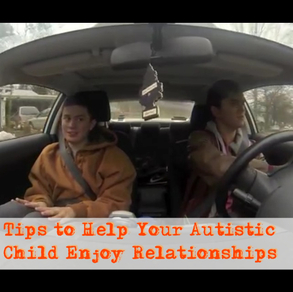

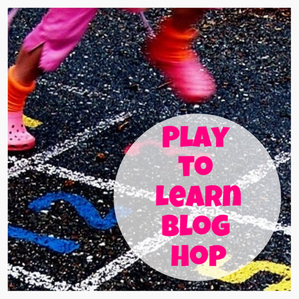



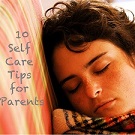
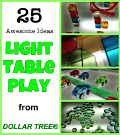
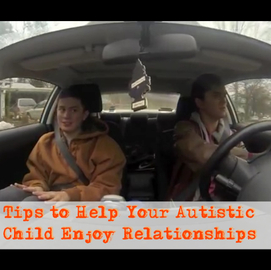


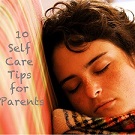
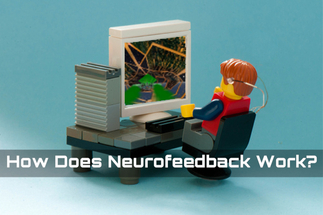

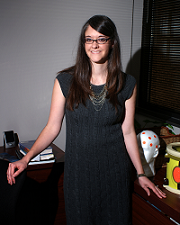
 RSS Feed
RSS Feed
